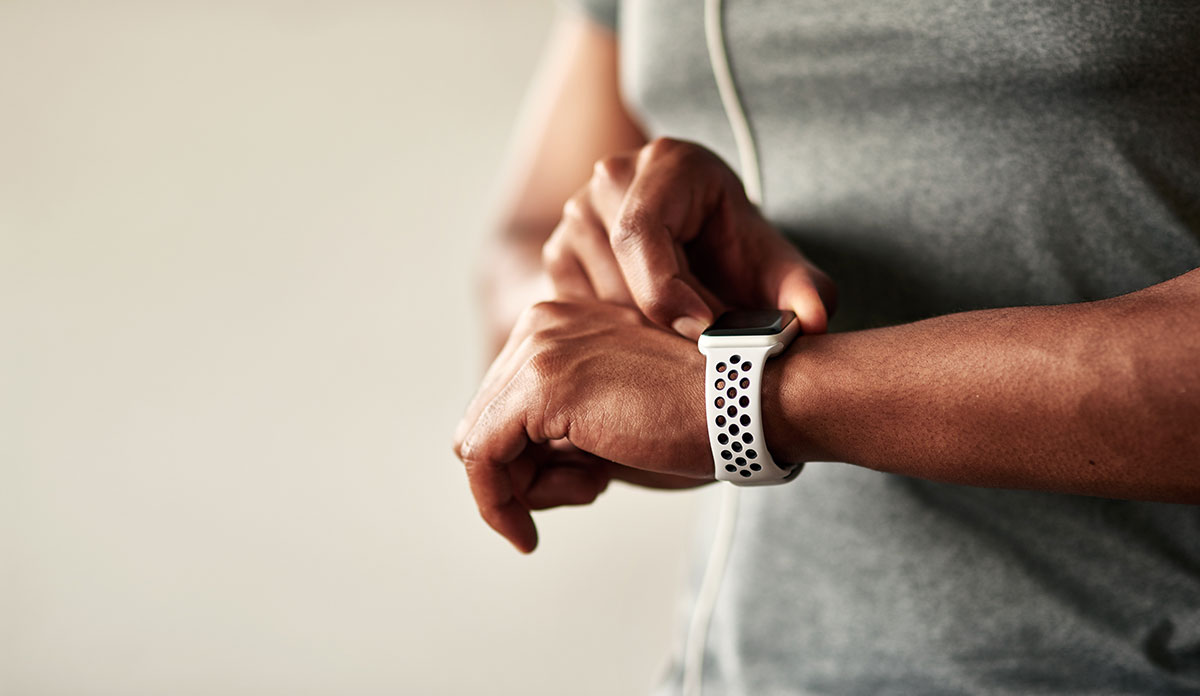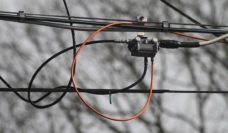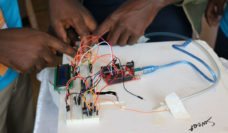In 2020, the National Basketball Association moved players, coaches, and executives to a “bubble” in Disney World, trying to minimize the spread of Covid-19. Safety protocols included a strict mask mandate, frequent testing, limited visitation from family and friends, a proximity alarm that rang if players were closer than six feet apart outside of a game, and a special ring that captured biometric data.
Biometric monitoring systems, commonly called wearables, like the Apple Watch and Fitbit, have been on the market for years. But the pandemic drove an increase in interest and sales. In 2009, Fitbit was the first wireless activity tracker to synchronize data between the wearable and a cell phone. In 2015, Apple released the Apple Watch, inspired by Steve Jobs’ battle with pancreatic cancer. The wearable was developed after he noticed how difficult it was for patients and healthcare workers to collect and communicate health data for outpatients. Similarly, the Covid-19 pandemic has offered new challenges to the health care industry to produce innovative wearable products that address this new infectious illness.
A team of researchers at Duke University evaluated the feasibility of using wearables to detect pre-symptomatic viral infection after exposure. To do this, researchers examined if data provided by the wearable could predict illness severity in patients exposed to H1N1 (swine flu) and human rhinovirus (the common cold), other respiratory conditions that may offer insights into Covid-19 detection.
Half of the 39 participants were inoculated with H1N1 using nasal drops and the other half were inoculated with human rhinovirus. The wrist-worn biometric monitors collected data on biomarkers including resting heart rate, heart rate variability, electrodermal skin activity, and skin temperature to detect disease before onset of symptoms. By 24 hours after inoculation, the wearables could distinguish between infection and non-infection with up 92% accuracy for H1N1 and 88% for the human rhinovirus.
Although this study was conducted before the Covid-19 pandemic began, the findings suggest that wearables can detect asymptomatic and pre-symptomatic cases of Covid-19. The researchers found the use of wearable biometric monitoring systems is a feasible and effective means of detecting pre-symptomatic viral infections. Early detection can prompt an individual to seek treatment and isolate themselves from others, which should reduce viral spread. Whether this kind of monitor will have utility in people infected with Covid-19 remains to be seen.
We can’t all be in NBA bubbles, but wearables may soon assist us in monitoring our health in our daily lives in a world of novel as well as old-fashioned viral illnesses.
Photo via Getty Images














